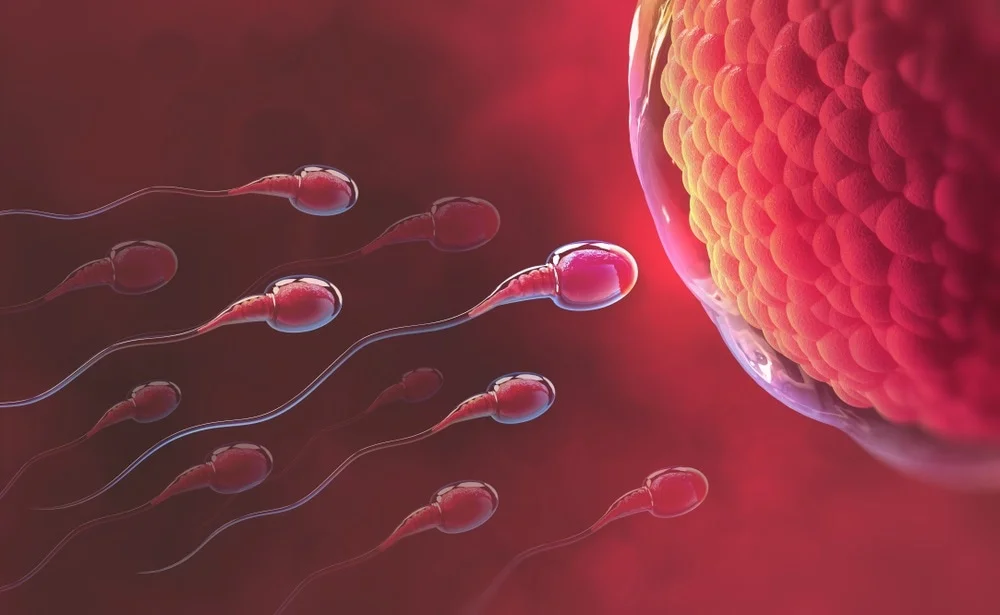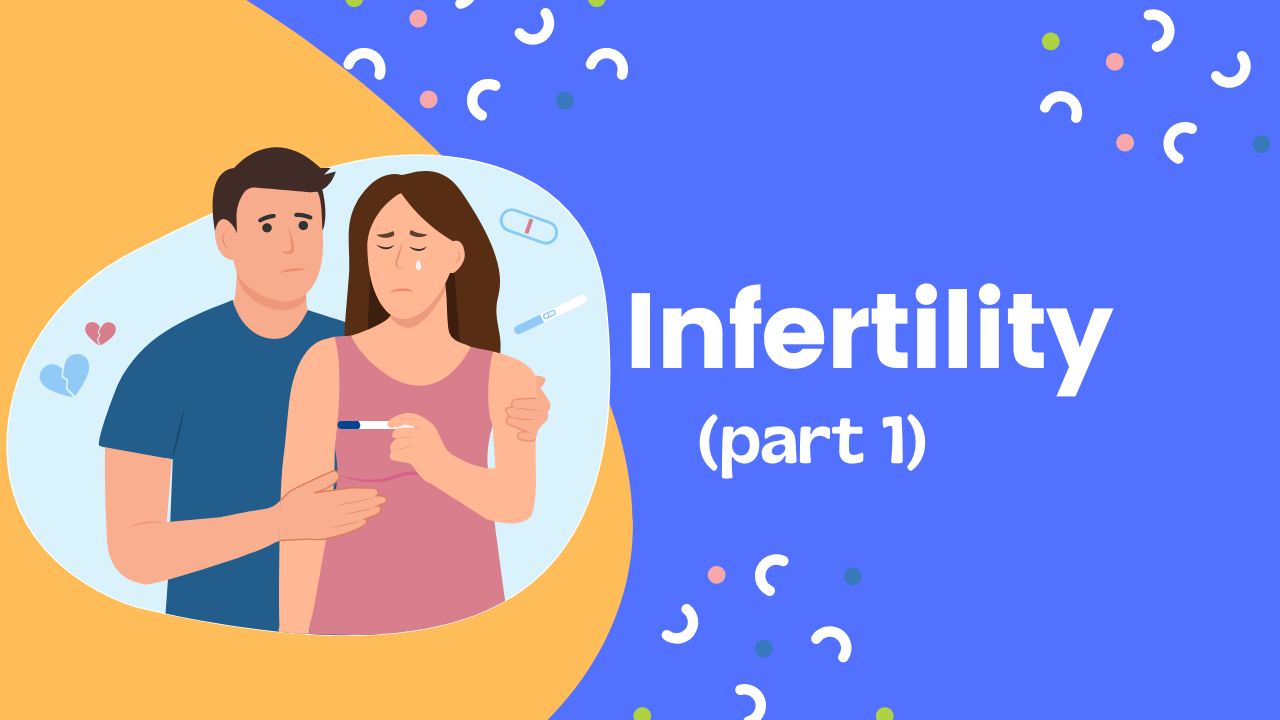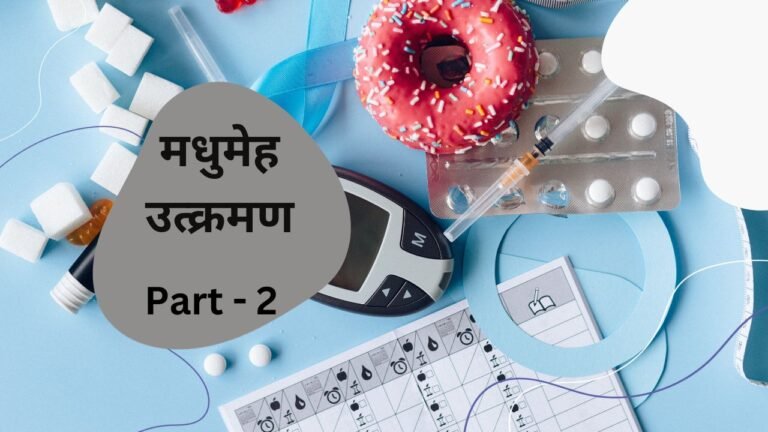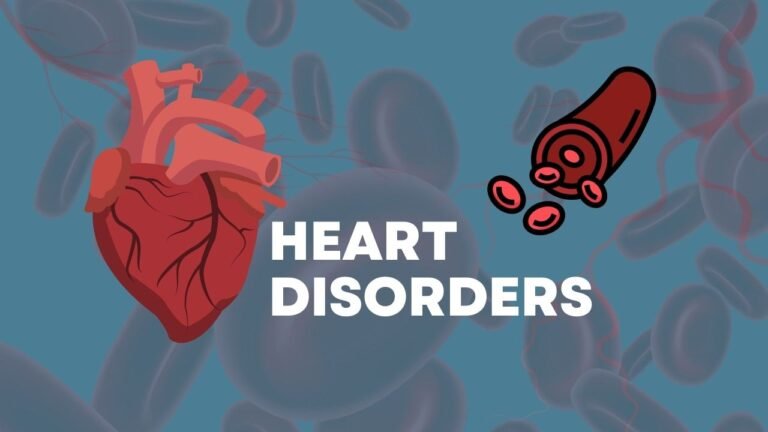What is infertility (part 1)
WHAT IS INFERTILITY?

Infertility is a male or female reproductive system condition characterized by the inability to achieve pregnancy after 12 months or more of regular unprotected sexual intercourse.
- Millions of people are affected by infertility, which has an impact on their families and communities. According to estimates, one in every six people of reproductive age worldwide will experience infertility at some point in their lives.
HOW COMMON IS INFERTILITY:
Infertility affects both males and persons who were designated male at birth (AMAB) and women and people who were assigned female at birth (AFAB). Infertility is a very prevalent problem.

In the United States, one in every five women between the ages of 15 and 49 suffers from primary infertility, while one in every twenty suffers from secondary infertility. Infertility affects around 48 million couples worldwide.
What is the main cause of infertility?
Fertility is frequently caused by ovulation issues (the monthly release of an egg from the ovaries). Some issues prohibit eggs from being released at all, while others prevent eggs from being released during some cycles but not others.
MALE INFERTILITY
What is male infertility?
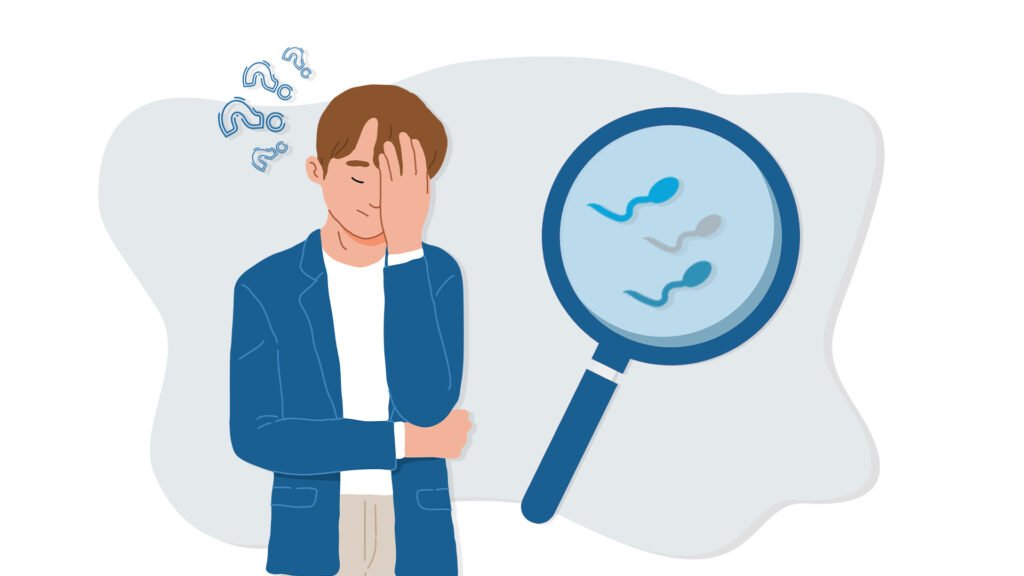
Infertility is a problem with your reproductive system that stops you from impregnating a female. If a male and a female have repeated unprotected sex for over a year and the female doesn’t get pregnant then you, she, or both of you may have infertility issues.
What are the symptoms of male infertility?
Infertility itself is the symptom. However, it’s much more difficult to describe the negative psychological and emotional symptoms infertility has on a couple who wants to have children. Many times, conceiving a child becomes the total focus of their lives. Feelings of depression, loss, grief, inadequacy and failure are common in males as well as females seeking pregnancy.
Individuals or couples experiencing any of these feelings may want to seek professional help from healthcare providers like a therapist or psychiatrist experienced in dealing with infertility issues.

Such providers can help you deal realistically with the situation and provide support even while you are going through treatment.
What causes male infertility?
Many biological and environmental factors can impact your fertility. Possibilities include:
- Your infertility can be related to your inability to produce sperm cells.
- The production of low or poor-quality sperm.
- Genetic diseases
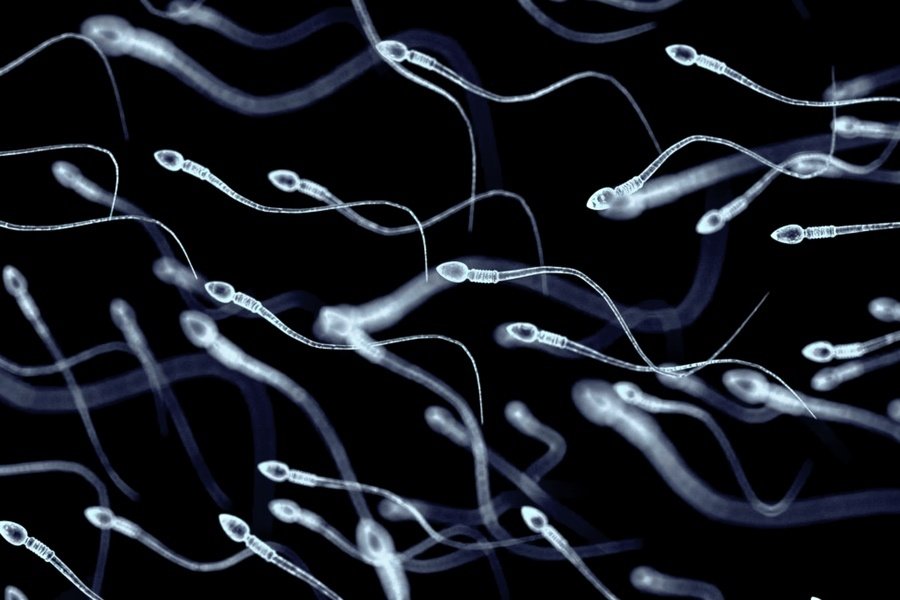
- Some medical conditions: Examples include diabetes, some autoimmune disorders, cystic fibrosis and some infections.
- Cancer treatments: Chemotherapy, radiation or surgery that removes the testicles (one or both).

- Unhealthy habits: Substance use, including alcohol, smoking and drugs.
- Hormonal disorders: Disorders that affect your hypothalamus or pituitary glands can affect your infertility.
How is male infertility treated?
With modern technology and methods, the number of treatment options for male infertility has expanded. Depending on the cause of infertility, treatments may include:
Medications:
- Hormone therapy to increase the number of sperm.
- Lifestyle changes
- Maintain a body weight that’s healthy for you.
- Stop smoking.


- Stop drinking.
- Stop using marijuana.
- Stop any recreational drug use.
- Surgery
